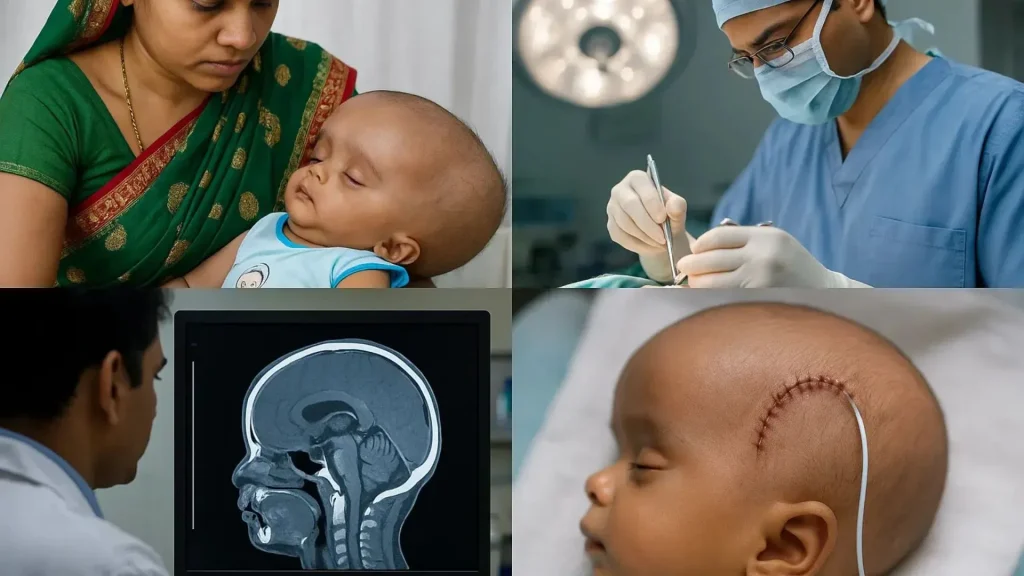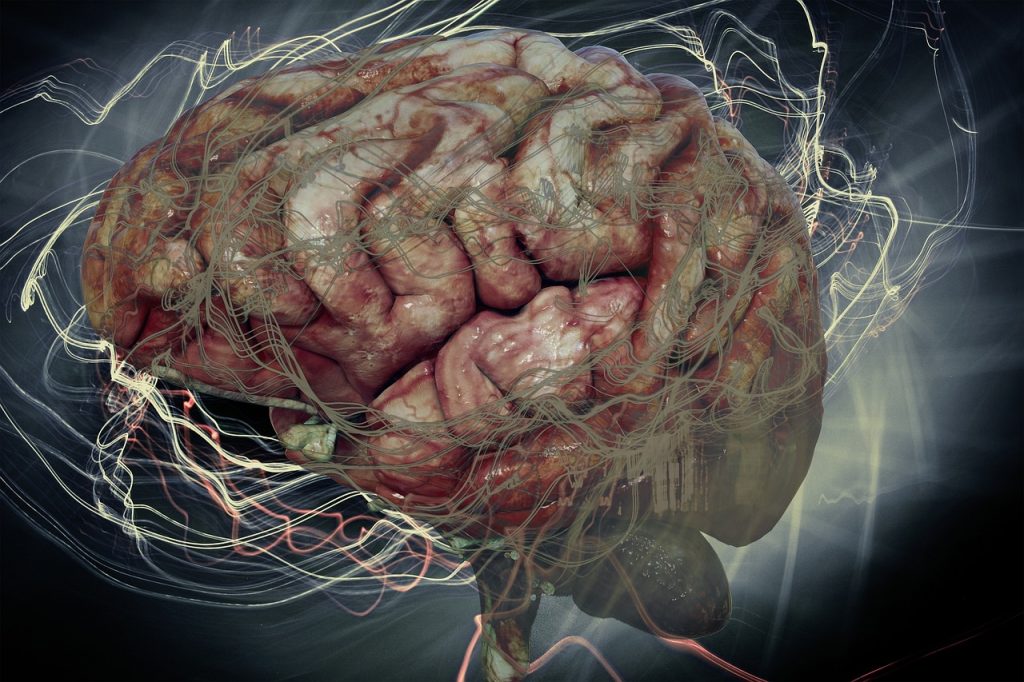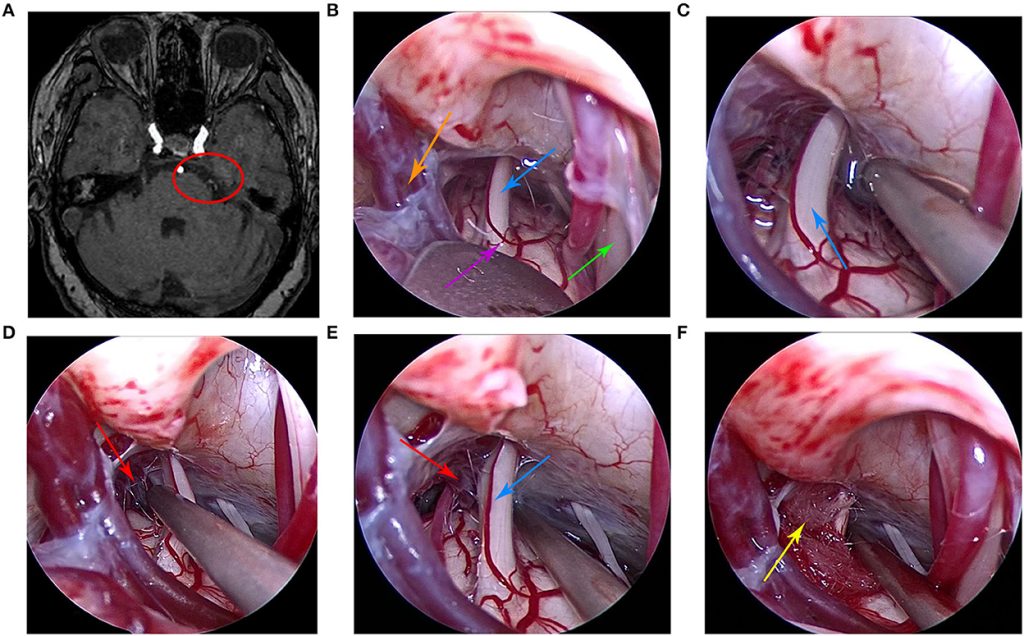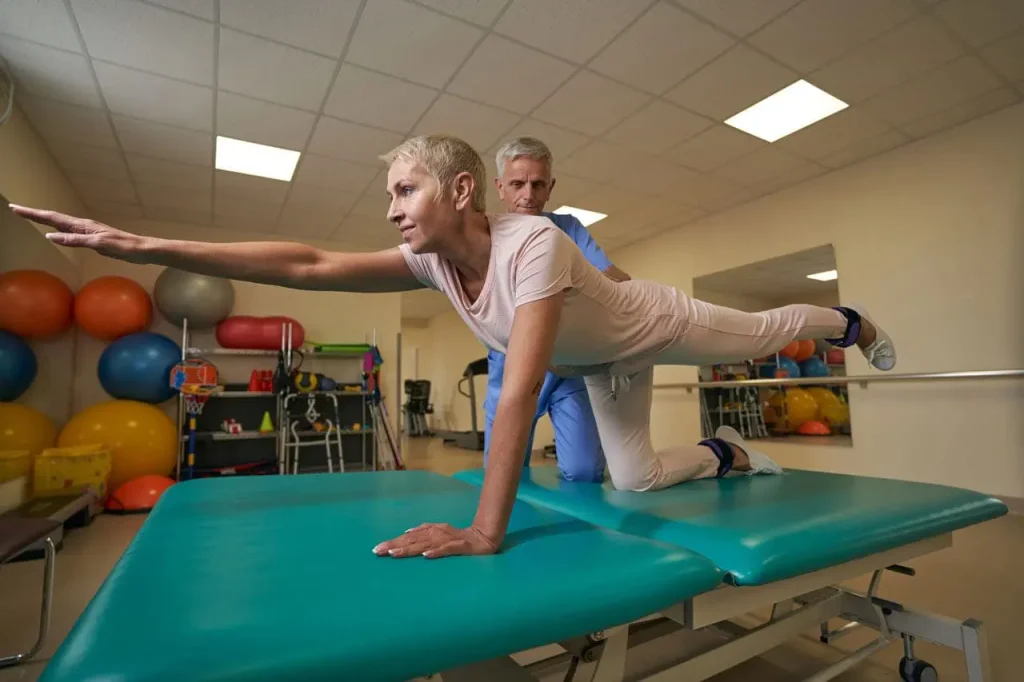How Hydrocephalus Is Diagnosed and Treated Safely
Hydrocephalus is often misunderstood because its symptoms feel ordinary at first. Many people dismiss early signs as stress or aging. Families may notice subtle memory changes or walking difficulties. These early moments matter more than most realize. According to our editor’s health desk reviews, delayed recognition remains a common challenge. Clear explanation helps remove fear…
Read more










